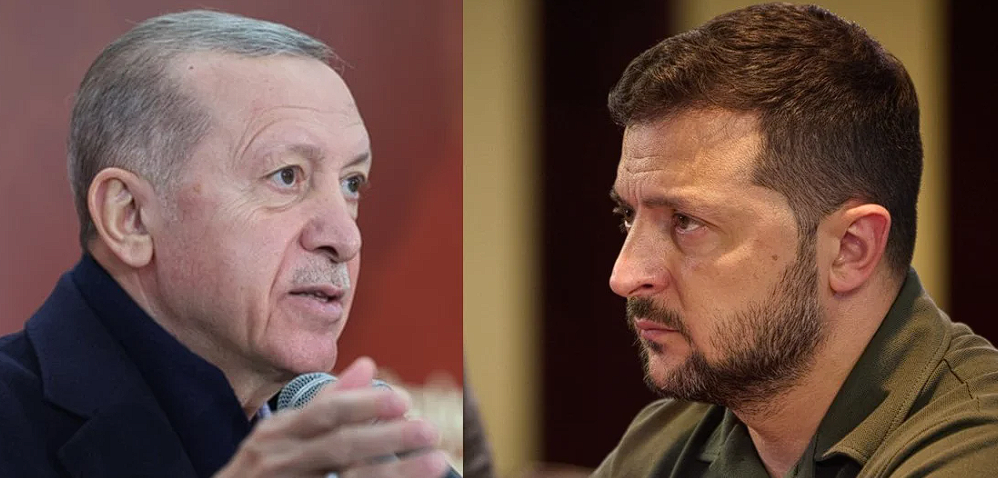Ukraine demands explanation from Turkey.
Others are reading now
The Turkish government’s decision to invite a Russian delegation from the occupied Crimea Peninsula to an international meeting in Turkey has angered Ukraine. NATO member Turkey, which has refused to impose sanctions on Russia, has once again deviated from the Western world’s line against the Russian dictatorship.
This time, Ankara has invited representatives of the Russian occupation authorities in Crimea to participate in the United Cities and Local Governments meeting, according to Ukrainian media Kyiv Independent, citing Russian media.
The Ukrainian newspaper also reports that the Russian delegation plans to sign a “sister city agreement” with the Turkish municipality of Beylikduzu in the Istanbul district.
Also read
Ukraine considers the Turkish invitation to be a serious overstep, as Russia has occupied the Crimea Peninsula since 2014, and the majority of the world’s countries have condemned the occupation.
The UN General Assembly requires all members to refrain from actions that would question the peninsula’s status as Ukrainian territory, including contact with occupation authorities.
Now, Turkey is violating these directives, causing Ukraine to see red. “We take this issue very seriously. Ukraine has already requested an official explanation from the Turkish side regarding the visit,” says Ukrainian Foreign Ministry spokesperson Oleh Nikolenko, according to Kyiv Independent.
Nikolenko emphasizes that Crimea belongs to Ukraine according to international law. “We expect the Turkish authorities, who support Ukraine’s territorial integrity, will not allow this to be repeated in the future.”
Turkey has previously clarified that it does not recognize Russia’s illegal occupation of Crimea. President Recep Tayyip Erdoğan commented on the issue in August 2022 during a virtual summit hosted by Ukraine.
“The return of Crimea, which is today an integral part of Ukraine, is fundamentally a requirement of international law,” Erdogan said, adding, “Turkey does not recognize the annexation of Crimea and has said from the beginning that this annexation is illegitimate and illegal. This is a principled stance that has legal and moral grounds.”


